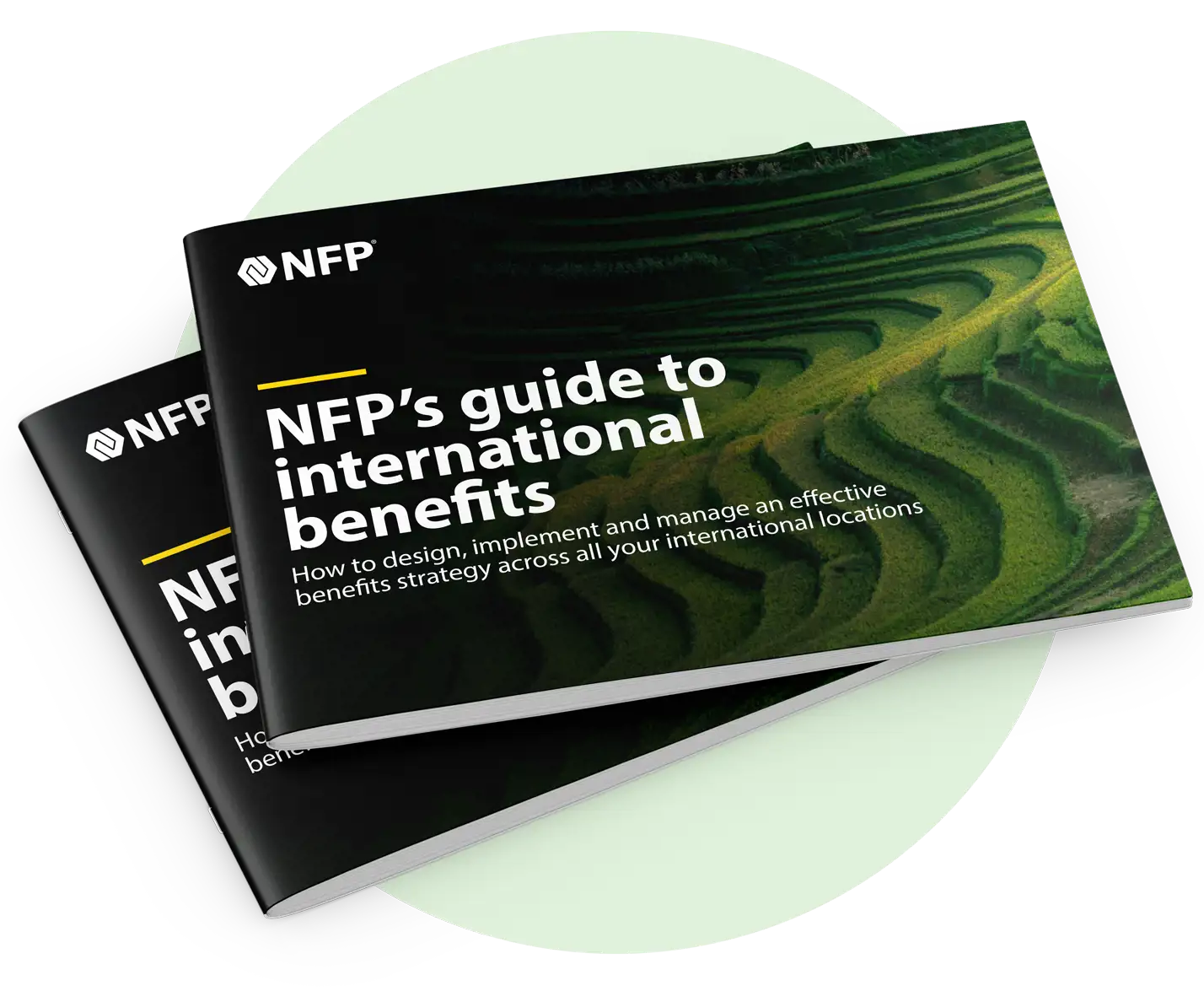Australia
Introduces the Right to Disconnect
On 12th February 2024, the Right to Disconnect passed through parliament and received Royal Assent on 26th February. Under the previous act, employees had to have a minimum of 6 months service before they could request flexible working. This right will now apply from day one of employment.
Whilst it isn’t as clear cut as other countries' right to disconnect, employees will have the right to refuse to read, respond, monitor, or respond to contact (or attempted contact) from their employer when the contact is outside of the employee’s normal working hours, unless the employee’s refusal is unreasonable.
There are a number of factors that make the refusal unreasonable, these can include the reason for contact, the level of disruption to the employee and the employee’s personal circumstances and responsibilities.
Any disputes around if the refusal was justified can be raised to the Fair Work Commission who will determine if the refusal requires further action.
Whilst Royal Assent has already been received, the Right to Disconnect will not apply until August 2024.
Source: herbertsmithfreehills.com
Taiwan
Expands sexual harassment protections to employees
Effective from 8th March 2024, the protection of employees from sexual harassment has expanded. Employers now have more responsibility to prevent and address sexual harassment.¹
The amendments to the Gender Equality in Work Act include, but are not limited to:
- Employers must take steps to prevent sexual harassment and ensure that employees are trained accordingly
- Employers with 10 to 30 employees must establish, and publish their workplace complaints process, previously this applied to companies with over 30 employees
- Employers with more than 500 employees must offer counselling to victims at least twice.
Penalties for breaches of the law have increased to a maximum of TWN 1,000,000 if the perpetrator is a person in charge and is the employer.
Damages payable have increased by five times the previous amount. Criminal penalties also have increased to three years for perpetrators of sexual harassment.²³
Source: taipeitimes.com¹ / time.com² / mol.gov.tw³
Bahrain
Introduces changes to end-of-service gratuity scheme
The changes to the end-of-service gratuity system took effect from 1st March 2024 and apply to non-Bahraini
employees.¹
Previously, the end-of-service benefit system allowed employers to accrue contributions and make a lump sum payment at the end of employment directly to the employee.
Under the changes to the system, all employers are required to remit end-of-service entitlement contributions monthly and must submit the data to the Social Insurance Organization (SIO) for the wages of their insured workers, including their non-Bahraini workers, via the SIO portal.
The contributions amounts remain unchanged (4.2% of the worker’s annual salary for each of the first three years of employment, and 8.4% for subsequent years until termination).
Going forward, workers will have to apply to the SIO on termination of their job for their gratuity payment.²
Source: mercer.com¹ / ey.com²
Greece
Enacts same-sex civil marriage law to Parliament
The bill was approved on 15th February 2024 and extends equal marriage and parental rights to all citizens.
The law allows same-sex civil marriage and same-sex couples to adopt children and to have full parental recognition for non-biological children.
Source: time.com
Lithuania
Introduces paid leave for adopting mothers
Effective from 1st July 2024, adoptive mothers will be allowed to take up to 30 calendar days of paid leave.¹
The leave can be taken up until the child is 70 days old which is based on the same terms as adopted fathers on paternity leave. This leave is paid for by the Social Insurance Fund.
Adoptive fathers are already entitled to paternity and parental leave, but currently adoptive mothers can only take parental leave.²
Source: lrs.lt¹ / igloballaw.com²
India
Introduces Mandatory Gratuity Insurance requirements
Three states within India currently mandate that the end-of-service gratuity must be covered by an insurance plan.¹
Previously, companies had the option to self manage their gratuity liabilities. Now, it’s mandatory to obtain a gratuity insurance policy from a licensed insurer to cover employee payouts in Karnataka, Telangana and Andhra Pradesh. It is likely further states will follow in mandating this provision.
Under the Gratuity Act 1972, employees are entitled to an end-of-service payment equal to 15 days' salary for each year of service applicable after 5 years.
For employers currently accruing their gratuity payment in these states, they must now source and insure the funds via an approved insurance plan or, if they employ over 500 employees, may continue to accrue via their gratuity trust.²
Source: lawrbit.com¹ / ey.com²
NFP's guide to international employee benefits
With more benefits, reward and HR professionals taking on multinational responsibilities, our team of experienced international benefits consultants have created this guide to share their insight into the key aspects of running a successful international benefits programme.
In the comprehensive guide, you'll learn
- What to consider when designing your global benefits strategy
- How to identify the right benefits and provider(s) to deliver them
- How to efficiently run your global benefits programme
- How to review and maintain oversight of your programme

Helping you cut through the complexity of global employee benefits management
Our specialists make streamlining your global employee benefits strategies simple. Our network of trusted partners on the ground understand how to work with the local decision makers and our consultants will help you keep pace with local employee benefits benchmarking within your industry as well as the ever changing market in each country you operate.